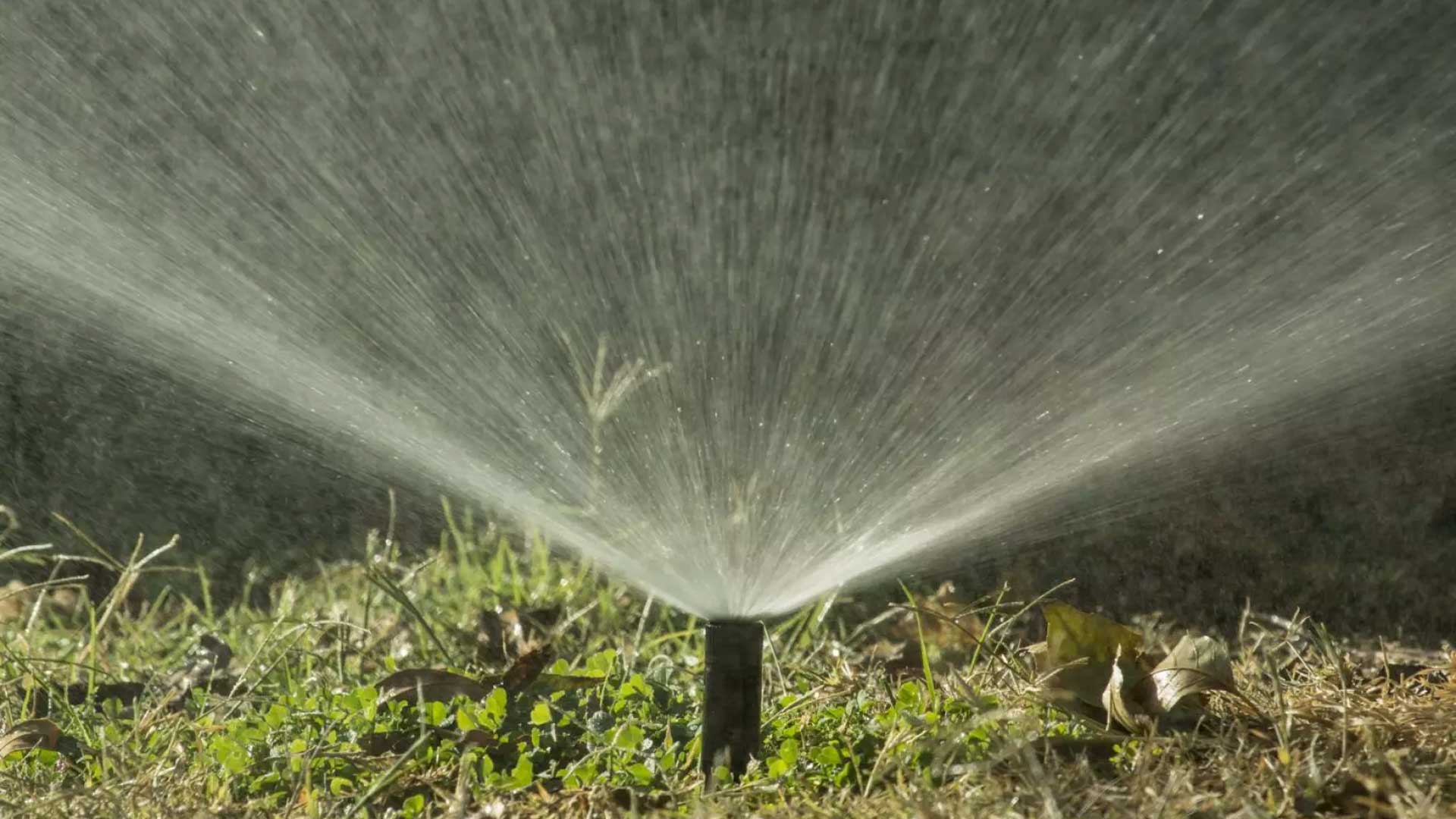 A sprinkler runs on a hot day in Phoenix.
A sprinkler runs on a hot day in Phoenix.
Water officials in Tucson are launching a new initiative that asks apartment complexes and commercial buildings to remove their grass landscaping and conserve water — in exchange for a rebate from the city.
The initiative began this month and offers $5 for every square foot of water-thirsty grass that’s removed. It aims to save more than 9 million gallons of water over the next two years by replacing that turf with more drought-friendly landscaping.
James MacAdam, an administrator with the conservation and stormwater resources division at Tucson Water, says water used inside — like to flush the toilet — can be recycled back into the system for other purposes like landscaping.
“But when you use water for irrigation, that water’s just being used once. And for us, that’s Colorado River resources that is coming from a long way, takes a lot of money, energy, resources to get it here,” he said.
He says asking businesses and apartments to swap ornamental lawn features — like those in parking lots — for drought-resistant alternatives can help tamp down on that type of water use.
“The estimate that we have from the alliance of Water Efficiency is that when you remove a square foot of turf and replace it with drought-adapted landscape that it saves 36 gallons of water per year,” he said.
That adds up fast, he says, when you think of the thousands of square feet of lawn that’s in Tucson. The new program hopes to save more than 9 million gallons of water over the next two years and is offering rebates for properties that participate. The program is currently open only to commercial properties and multi-family units like apartments, but MacAdam says it could expand to private homes down the line.


By submitting your comments, you hereby give AZPM the right to post your comments and potentially use them in any other form of media operated by this institution.